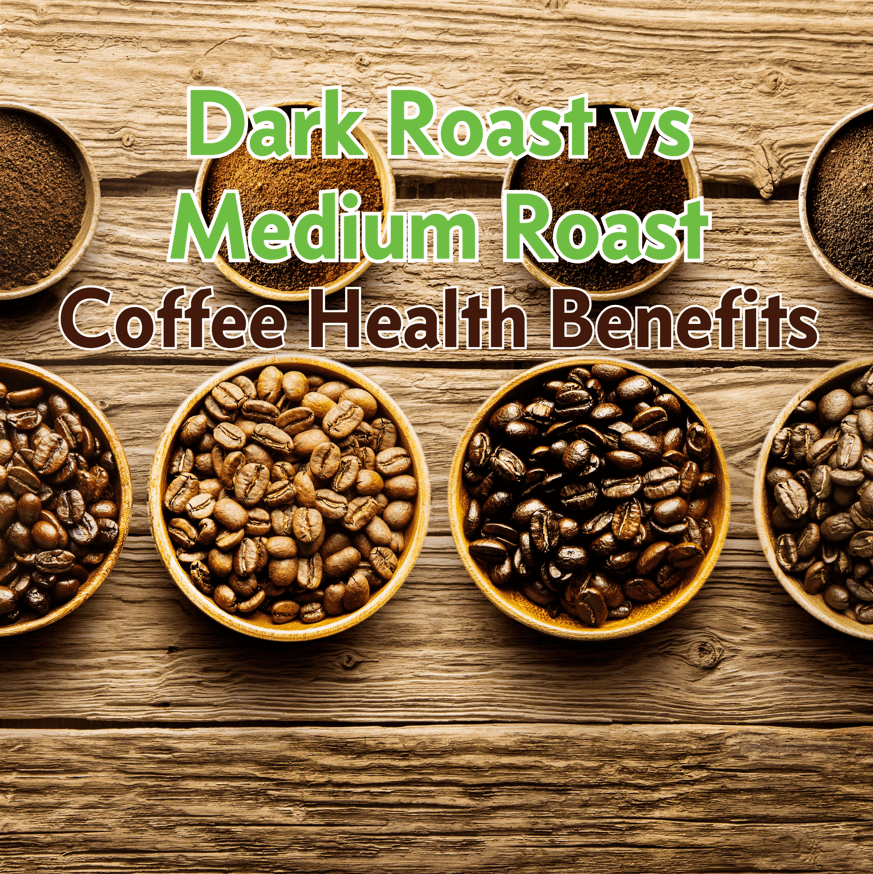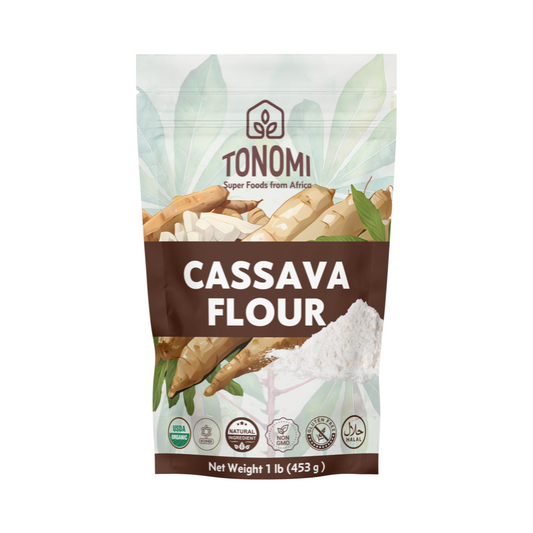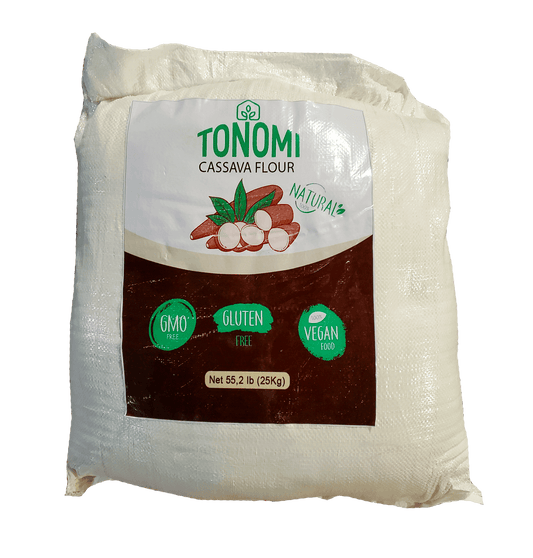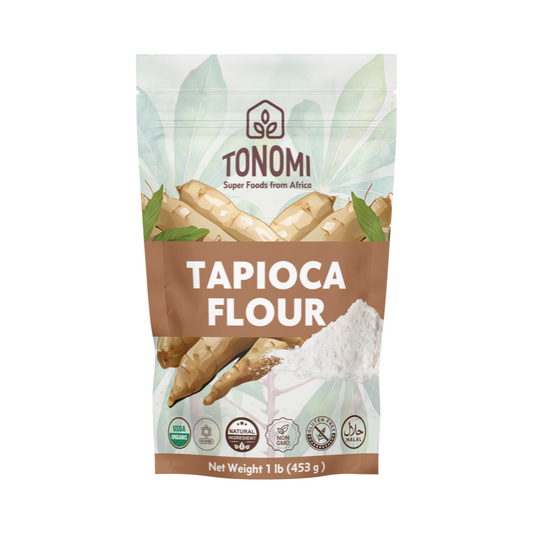Dark roast and medium roast coffee beans offer distinct flavors and potential health benefits that cater to different preferences and health considerations. Understanding these differences can help coffee enthusiasts make informed choices based on their tastes and wellness goals. Choosing between dark roast and medium roast coffee involves considering both taste preferences and potential health benefits. While dark roasts offer robust flavors and lower acidity, medium roasts maintain a balanced profile and slightly higher caffeine content. Both options provide antioxidants and other compounds that contribute to overall well-being when consumed in moderation.
Introduction
Coffee is more than just a morning pick-me-up; it's a beverage enjoyed worldwide for its rich flavors and stimulating effects. The way coffee beans are roasted significantly impacts their taste, aroma, and even their potential health benefits. This article explores the differences between dark roast and medium roast coffee, focusing particularly on their health implications.
Understanding Coffee Roasting Levels
What Defines Dark Roast and Medium Roast?
Coffee beans undergo roasting, a process that transforms their chemical and physical properties. Dark roast coffee beans are roasted at higher temperatures and for a longer duration compared to medium roast beans. This results in a darker color, oilier surface, and a stronger, more robust flavor profile.
Medium roast coffee, on the other hand, undergoes a shorter roasting time and lower temperatures. This preserves more of the bean's original characteristics, offering a balance between acidity and roasted notes.
Impact of Roasting on Coffee Beans
Roasting affects the composition of coffee beans in significant ways. It alters the bean's antioxidant levels, caffeine content, and even its acidity, influencing both taste and potential health benefits.
|
Aspect |
Dark Roast Coffee |
Medium Roast Coffee |
|
Roasting Process |
Roasted at higher temperatures for longer durations |
Roasted at lower temperatures for shorter durations |
|
Color and Appearance |
Darker color, oilier surface |
Medium brown color, less oily |
|
Flavor Profile |
Bold, smoky, robust |
Balanced, with original bean flavors retained |
|
Acidity |
Lower acidity |
Slightly higher acidity |
|
Caffeine Content |
Slightly less due to longer roasting |
Slightly more retained due to shorter roasting |
|
Antioxidant Levels |
Lower due to extended roasting |
Higher due to less exposure to heat |
|
Digestive Sensitivity |
Gentler on the stomach |
May be more acidic and stimulating |
|
Rich in antioxidants |
Balanced flavor profile with retained benefits |
|
|
Popular Preference |
Preferred by those who enjoy bold flavors |
Chosen by those who prefer balanced taste |
Health Benefits Comparison
Antioxidant Content
Antioxidants in coffee, such as chlorogenic acids, contribute to its potential health benefits. The roasting process affects antioxidant levels, with darker roasts generally showing a decrease due to prolonged exposure to heat.
Caffeine Levels
Caffeine, a natural stimulant found in coffee, varies between roasts. Contrary to popular belief, dark roast coffee beans often have slightly less caffeine than medium roast beans, as the longer roasting time can break down some of the caffeine molecules.
Dark Roast Coffee Benefits
Richness in Antioxidants
While dark roasts may have lower levels of certain antioxidants compared to lighter roasts, they still contain beneficial compounds. These antioxidants can help neutralize free radicals in the body, potentially reducing the risk of chronic diseases.
Lower Acidity Levels
Dark roasts are known for their smoother, less acidic taste. This characteristic makes them gentler on the stomach for individuals who are sensitive to acidity.
Medium Roast Coffee Benefits
Balanced Flavor Profile
Medium roast coffees retain more of the bean's natural flavor profiles while still offering some of the roasted notes. This balance appeals to those who enjoy a nuanced coffee experience without the pronounced bitterness of darker roasts.
Retained Caffeine Content
Moderate roasting preserves caffeine content more effectively than dark roasting. For caffeine-sensitive individuals or those who enjoy the stimulating effects of coffee, medium roast varieties offer a satisfactory compromise.
Potential Drawbacks of Each
Bitterness in Dark Roast
The prolonged roasting process can intensify bitterness in dark roast coffees, which may not appeal to all coffee drinkers, particularly those who prefer milder flavors.
Higher Acidity in Medium Roast
Medium roast coffees tend to have a slightly higher acidity level compared to dark roasts. While this acidity contributes to the coffee's brightness and complexity, it may be less suitable for individuals prone to acid reflux or stomach sensitivity.
Impact on Digestion
Gastric Stimulation and Acidity
Coffee's acidity and caffeine content can stimulate gastric acid production, potentially exacerbating symptoms for those with digestive issues. Choosing the right roast level may mitigate these effects.
Influence on Gut Microbiome
Recent studies suggest that coffee consumption, regardless of roast level, may influence gut microbiota composition. This could have implications for digestive health and overall well-being.
Effects on Cognitive Function
Caffeine's Role in Alertness
Caffeine in coffee is well-known for its ability to enhance alertness and cognitive function. The amount of caffeine retained in medium roast coffee makes it an effective choice for those seeking a mental boost without the overwhelming intensity of darker roasts.
Antioxidants and Brain Health
Antioxidants in coffee, despite variations in roast levels, contribute to potential brain-protective effects. Regular consumption of moderate coffee amounts has been linked to improved cognitive function and reduced risk of neurodegenerative diseases.
Heart Health Considerations
Influence on Cholesterol Levels
Coffee consumption has been associated with both positive and negative impacts on cholesterol levels. The choice between dark and medium roasts may influence these effects, with further research needed for conclusive results.
Blood Pressure Implications
Caffeine's role in temporarily increasing blood pressure is a consideration for coffee drinkers, particularly those sensitive to its effects. Moderation in consumption and choice of roast level can help manage these potential impacts.
Long-Term Health Effects
Studies on Coffee Consumption
Research into coffee's long-term health effects continues to evolve. Current evidence suggests moderate coffee consumption, regardless of roast level, may offer protective benefits against certain diseases, including cardiovascular conditions and diabetes.
Moderation and Health Outcomes
Like many dietary choices, moderation is key when enjoying coffee for its health benefits. Balancing consumption with individual health considerations ensures optimal outcomes over time.
Personal Preferences and Taste
Subjective Enjoyment Factors
Ultimately, the choice between dark and medium roast coffee often comes down to personal preference. Some enjoy the boldness of dark roasts, while others appreciate the balanced flavors of medium roasts.
Brewing Methods and Flavor Profiles
Different brewing methods can accentuate certain flavor profiles of coffee. Whether brewed as espresso, pour-over, or French press, experimenting with roast levels can enhance the coffee-drinking experience.
FAQs About Coffee Roasts and Health Benefits
What is the main difference between dark roast and medium roast coffee?
The main difference lies in the roasting process: dark roast beans are roasted longer and at higher temperatures than medium roast beans, resulting in a darker color and different flavor profile.
Are there significant differences in caffeine levels between dark and medium roasts?
Yes, dark roasts generally have slightly less caffeine than medium roasts due to the longer roasting process, which can break down some caffeine molecules.
Which roast is better for someone with sensitive stomach issues?
Dark roast coffee tends to have lower acidity levels, making it gentler on the stomach compared to medium roasts.
Do dark roasts always have more antioxidants than medium roasts?
No, dark roasts may have lower levels of certain antioxidants due to the extended roasting process, which can degrade some beneficial compounds.
How does the taste differ between dark and medium roast coffees?
Dark roasts are often bolder and more robust with pronounced roasted notes, while medium roasts offer a more balanced flavor profile with retained original bean characteristics.
How does coffee impact heart health?
Coffee's influence on heart health can vary depending on individual factors like genetics and overall diet. Some studies suggest moderate coffee consumption may have cardiovascular benefits, but excessive intake or added sugars and fats can negate these effects. It's essential to enjoy coffee in moderation and consider personal health needs when choosing between dark and medium roasts.
What are the potential long-term effects of drinking coffee?
Long-term effects of coffee consumption can include improved cognitive function, reduced risk of certain cancers, and better liver health. However, excessive caffeine intake can lead to insomnia, increased heart rate, and digestive issues. Moderation is key to reaping coffee's benefits while minimizing potential risks.
Is it true that coffee can help with weight loss?
Coffee's caffeine content can temporarily boost metabolism and suppress appetite, potentially aiding weight loss efforts when consumed as part of a balanced diet and healthy lifestyle. However, relying solely on coffee for weight loss is not effective and may lead to dependency and adverse health effects.
How does the roasting process affect coffee's flavor and aroma?
The roasting process significantly impacts coffee's flavor and aroma. Dark roasts develop deeper, smokier flavors with less acidity, while medium roasts retain more of the bean's natural sweetness and acidity. The choice between dark and medium roasts depends on individual preferences for flavor intensity and bitterness.
Can coffee consumption affect sleep patterns?
Yes, consuming coffee, especially in the afternoon or evening, can disrupt sleep patterns due to its caffeine content. Caffeine stimulates the nervous system, delaying the onset of sleep and reducing overall sleep quality. To minimize sleep disturbances, it's advisable to limit coffee intake in the hours leading up to bedtime and opt for decaffeinated coffee or herbal teas instead.





